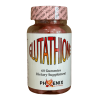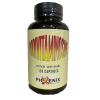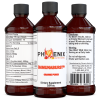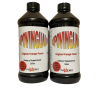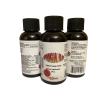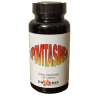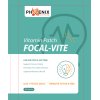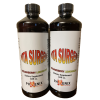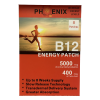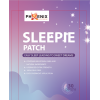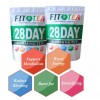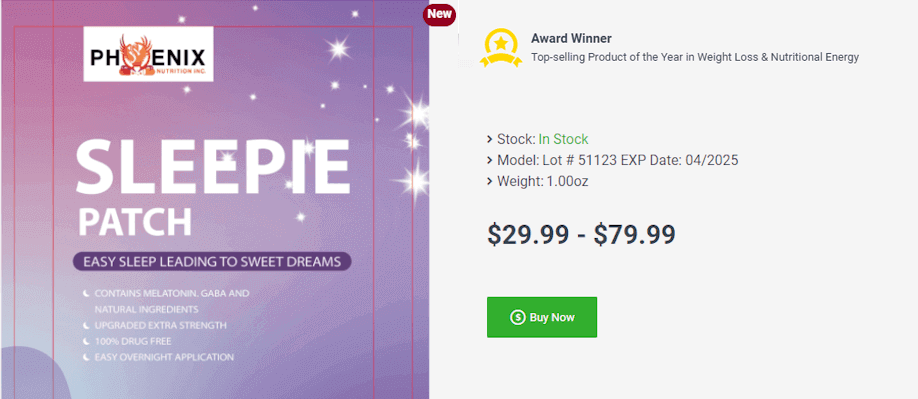Although Sleep patches are safe for most individuals they may not be safe or effective for others because it usually depends on the conditions of the individuals and the ingredients used in the product. But before we could say something on "Are sleep patches safe", let us look at what are sleep patches. Sleep patches, like any health or wellness product, can vary greatly in terms of safety and efficacy depending on their ingredients and the quality control measures used in their manufacture.
Therefore, it is important to carefully review the ingredients of any sleep patch before using it. Also, you should remember that not all products are the same although they are marketed as natural supplements. Moreover over-the-counter does not necessarily mean it is safe for everyone. Common ingredients found in sleep patches include Melatonin, Valerian Root and other ingredients may include vitamins, minerals, and other herbal extracts.
Melatonin in sleep patches works directly by delivering the ingredients directly to the skin. Melatonin patches are typically worn on the arm or back, and they can release melatonin for several hours. It Promotes sleepiness and Improves sleep quality. While some of the functions of valerian root are it promotes relaxation, improve sleep quality, and reduces anxiety. Valerian root also contains compounds that have a sedative effect on the central nervous system.
Sleepie Patch: A 100% Natural Sleeping Patch by Phoenix
Sleepy Patch is brought to you by Phoenix Nutrition in the name of Sleepie Patch. This Sleepie patch helps you to Fall asleep fast, stay asleep through the night, and wake up feeling refreshed! Try a natural & safe way to enjoy good quality sleep every night. Improve all sleep stages and eliminate chronic fatigue. For more details visit the Sleepie patch product page below:
Safety Considerations for Sleep Patches
Regardless of the above ingredients, there are general safety considerations to keep in mind:
- Interactions: Some ingredients may interact with medications or other supplements you are taking. For example, melatonin can interact with certain blood pressure and diabetes medications.
- Underlying health conditions: People with certain health conditions should be cautious. For example, melatonin can affect blood sugar levels, so people with diabetes should be cautious.
- Pregnancy and breastfeeding: Certain ingredients may not be safe for use during pregnancy or while breastfeeding.
- Dependence: Using sleep aids regularly can potentially lead to dependence and disrupted natural sleep patterns.
- Allergic reactions: As with any product, there's a risk of allergic reactions. Check all the ingredients before use, especially if you have known allergies.
- Quality control: Dietary supplements are not regulated by the FDA in the same way that medications are. This means that their quality can vary, and they might not contain the ingredients listed, or they might contain unlisted ingredients.
Moreover, before trying sleep patches or any new supplement, it's a good idea to talk to your healthcare provider. They can help you weigh the potential benefits and risks based on your personal health history and current situation.


